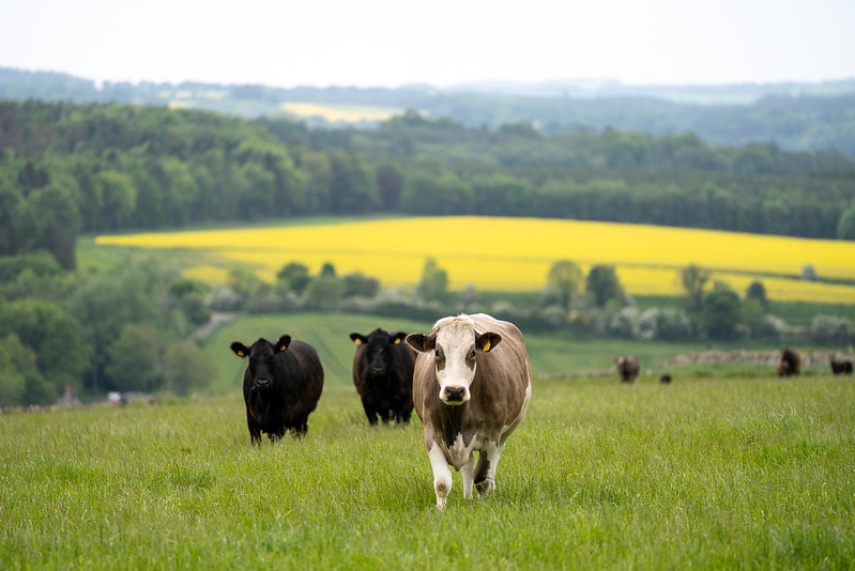
Beware of creating an unintended tenancy
Bob McIntosh
In his latest blog, Bob McIntosh, the Tenant Farming Commissioner, warns against unintentionally creating a tenancy through an informal agreement.
Many farmers will be familiar with the annual grass parks lets where land for grazing or cutting can be taken on for a period of less than one year. Such lets are generally handled by agricultural marts and they will ensure that proper arrangements are in place to limit what the tenant can do and for how long the land is to be occupied. However, it is also common for farmers and landowners who have surplus grazing land to offer friends or neighbours the opportunity to use it and many such arrangements are informal, based on a verbal agreement and perhaps without any clear understanding that it is intended to be a year-to-year arrangement that is not guaranteed to be continued. Reliance on such informal arrangements can be fine where the participants know and trust each other but circumstances can change through death of one party or a change of personnel involved, leading to a dispute over what sort of occupation is enjoyed by the person grazing the land.
An annual grazing agreement which lets the land for the purposes of grazing or mowing cannot exceed 364 days in length and cannot be let again to the same tenant for the same purposes unless there is at least one clear day between the expiry of the current lease and the start of the next and the tenant must vacate the land for at least that one clear day. If the tenant remains in occupation of the land after the expiry of the lease with the landlord’s consent, then a tenancy is created. Prior to the introduction of the 2003 Agricultural Holdings (Scotland) Act, that tenancy could have been a full secure tenancy but the 2003 Act ended that possibility. The situation now is that a Short Limited Duration Tenancy (SLDT) is created and continues in force as if it were for a period of five years, so it is possible for a tenancy to be created without the landlord being aware of having done so. If a tenant with a default SLDT of five years duration remains in occupation with the consent of the landlord at the expiry of the lease, then the tenancy becomes a Modern Limited Duration Tenancy (MLDT) with a duration of 10 years. If a MLDT is not validly terminated at the expiry date it continues in force for a further seven years. Without knowing it, therefore, a landowner who enters into an informal arrangement over a period of time with someone to use the land can unwittingly find that the occupier has, by default, acquired a tenancy and the rights that go along with that.
However friendly the relationship may be, therefore, between the landlord and the occupier, it is important to put in place arrangements to ensure that a tenancy is not unwittingly created. A proper written agreement that is renewed annually, and is for a period of less than 365 days, would be ideal but, at the very least, there should be an exchange of correspondence that makes it clear that this is an annual arrangement which may or may not be renewed each year. The landlord should also ensure that the land is vacated for at least one day between agreements and the use of video or witness statement to provide evidence that the land was clear for that period may be helpful. Failure to do so may have significant consequences. In a recent case of which I am aware, the landowner had such an arrangement with a neighbour and on the death of the landowner, the executors were unable to sell the farm as a whole with vacant possession because the neighbour was able to claim a tenancy over the land he had been using on the basis of an informal grazing agreement that had been allowed to carry on from year to year.
If you find yourself needing further information on this or similar matters, get in touch at 01463 423 300 or by email at tfc@landcommission.gov.scot. More information on tenant farming and the role of the TFC is available here.
